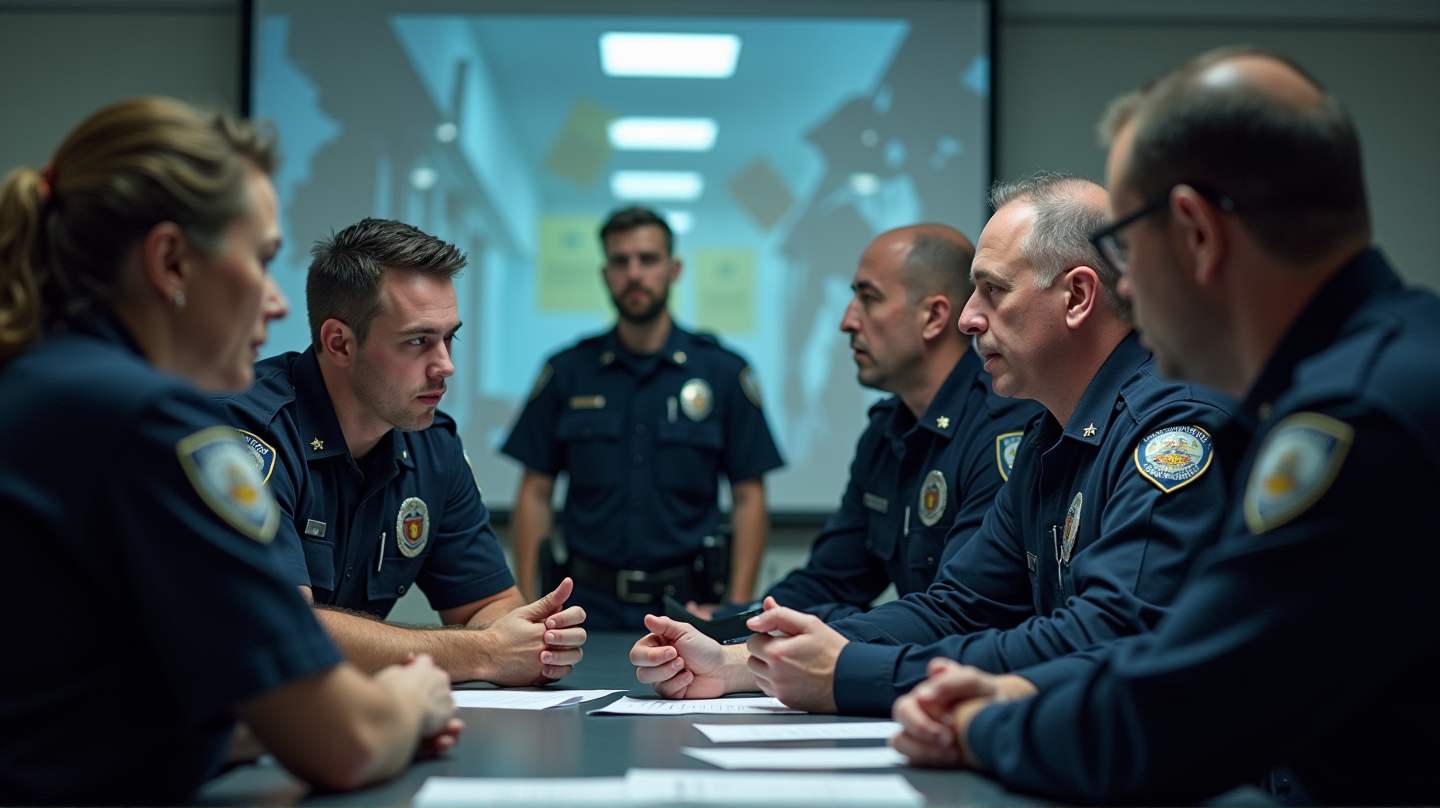Empowering Police Cadets to Transform Mental Health Crises
Discover how Penn State Health and Pennsylvania State Police Academy are training police cadets to handle mental health crises with empathy and skill.

In a remarkable collaboration, Penn State Health and the Pennsylvania State Police have launched an innovative training program for police cadets aimed at equipping them with the vital skills needed to humanely handle mental health and addiction crises. This initiative, known as the “Keystone Model of Crisis Management,” provides a crucial foundation of knowledge and real-world experience to support individuals in distress.
The Genesis of Compassionate Policing
This program arose from the recognized need for better mental health response strategies among law enforcement officers. Historically, poor conditions in state psychiatric hospitals and inadequate community support have exacerbated mental health incidents, propelling them into police attention. Today, nearly 20% of police calls are mental health-related, highlighting the pressing need for specialized training. According to Penn State Health News, understanding these dynamics is essential for effective crisis intervention.
Workshops Bridging Theory and Practice
Penn State Health has developed workshops where cadets learn not just theory, but practical skills through interactive simulations. These sessions involve actors simulating a wide array of mental health challenges, from psychosis to bipolar disorder. Under the guidance of experts, cadets practice adjusting their communication style—softening tones and utilizing body language cues—learning to offer calm and stability in crisis situations.
Building a Foundation of Trust
Terry Brosche, a driving force behind this training, likens the education process to first-aid training, where immediate mitigation saves lives. Enabling cadets to defuse crises positively impacts the person in distress and builds community trust. Chase Kraichely’s experience with a suicidal man vividly illustrates the real-world impact of this training, where thoughtful intervention led to a positive outcome.
A Community-Wide Commitment
Beyond police cadets, the program welcomes municipal officers, students, and community members, allowing for a holistic approach to mental health crisis management outreach. Ruth Moore, an advocate for mental well-being, furthers these efforts by teaching officers, educators, and community leaders to recognize and respond effectively to mental health symptoms, thus fostering widespread improvements in crisis management.
Measuring Progress
As this initiative unfolds across Penn State’s Commonwealth campuses, the data collected by researchers shows promising results in trainees’ ability to manage mental health crises more effectively. The insights gained from these experiences are not only enhancing the cadets’ skills but are also creating a ripple effect in communities across Pennsylvania.
The Future of Policing in Mental Health
With continued effort and collaboration, the integration of mental health education into police training holds promise for reducing force use, enhancing officer safety, and improving the quality of care provided to affected individuals and their families. Penn State Health’s bold move to integrate mental health training into law enforcement practices is shaping a future where compassionate, informed, and effective crisis intervention is the norm.
Discover incredible growth in community connection and mental health support, and how you can be part of the change. Explore more at Penn State Health’s official resources.
Feel free to email Penn State Health Marketing & Communications for further information or different content formats!





